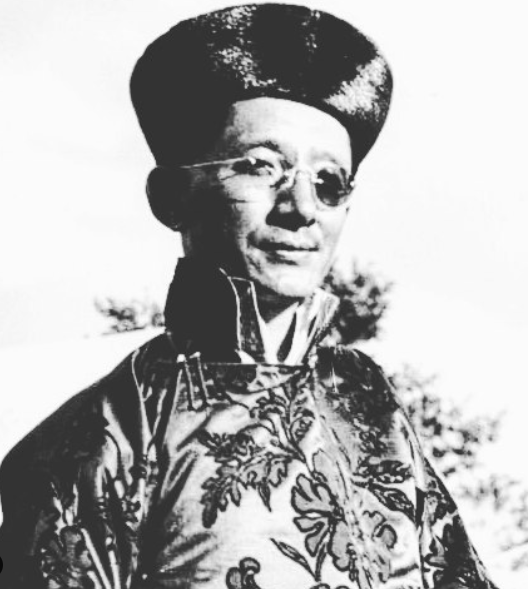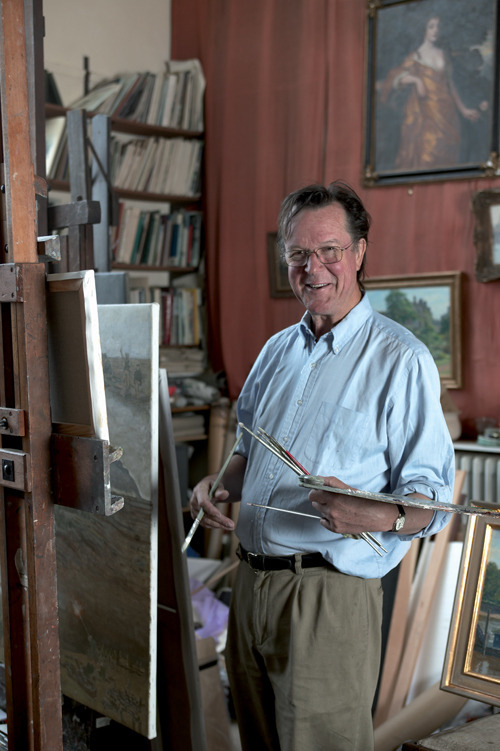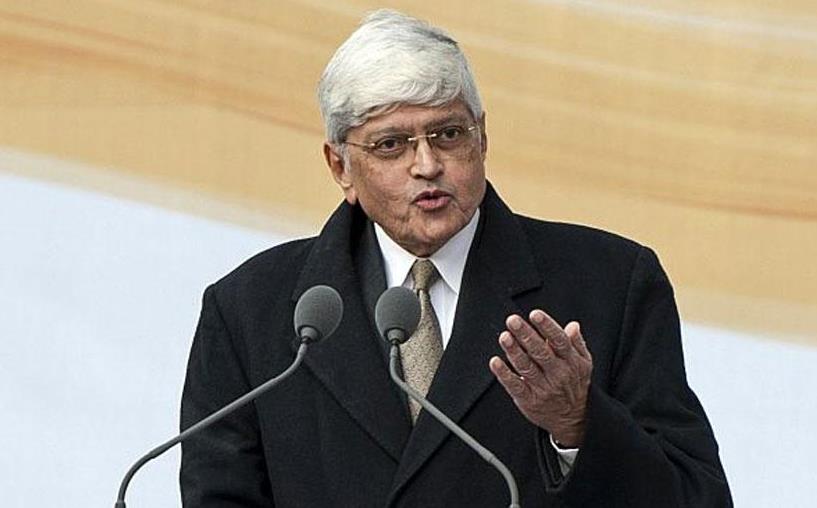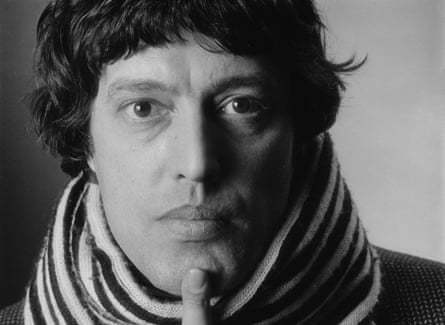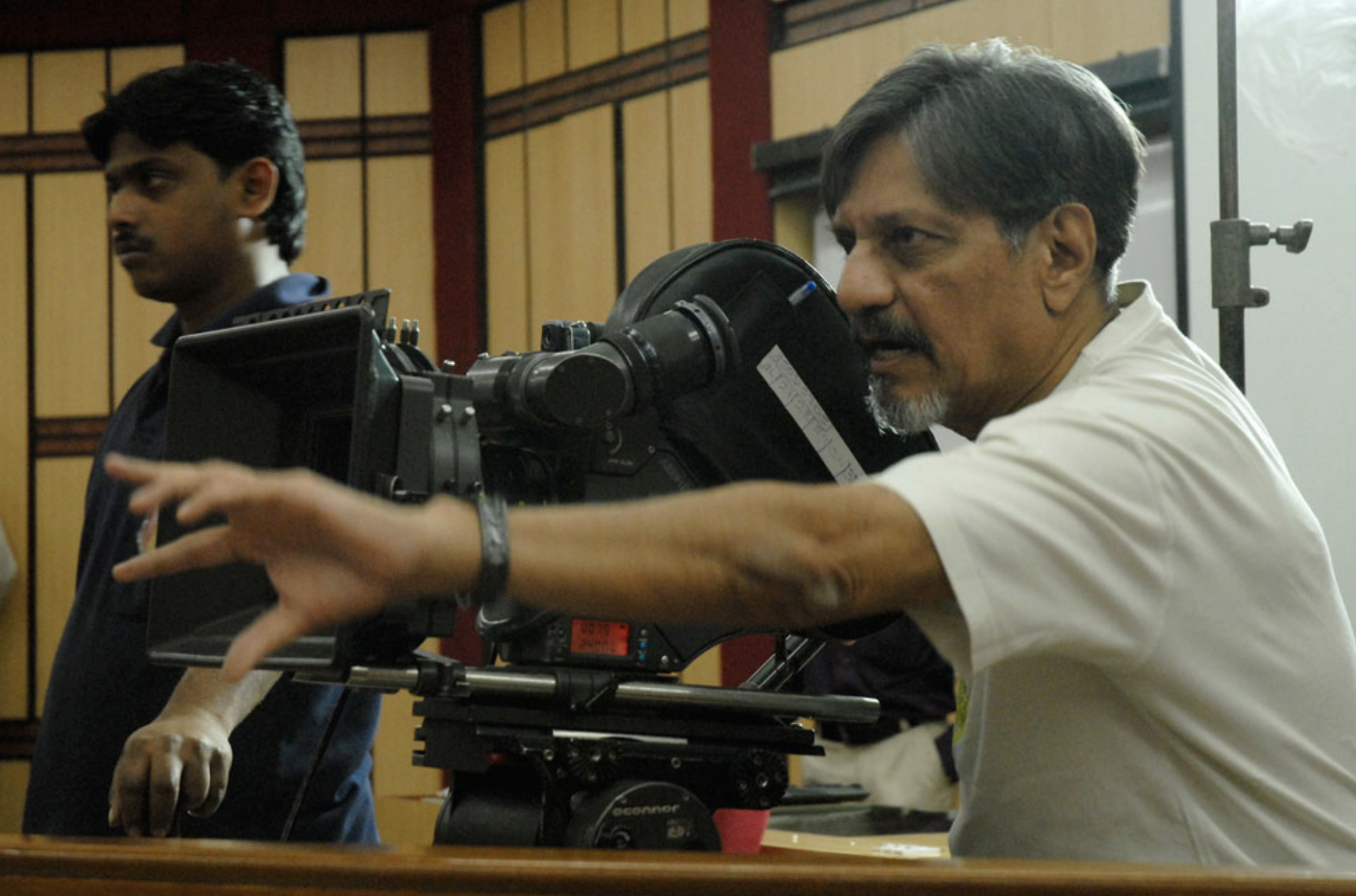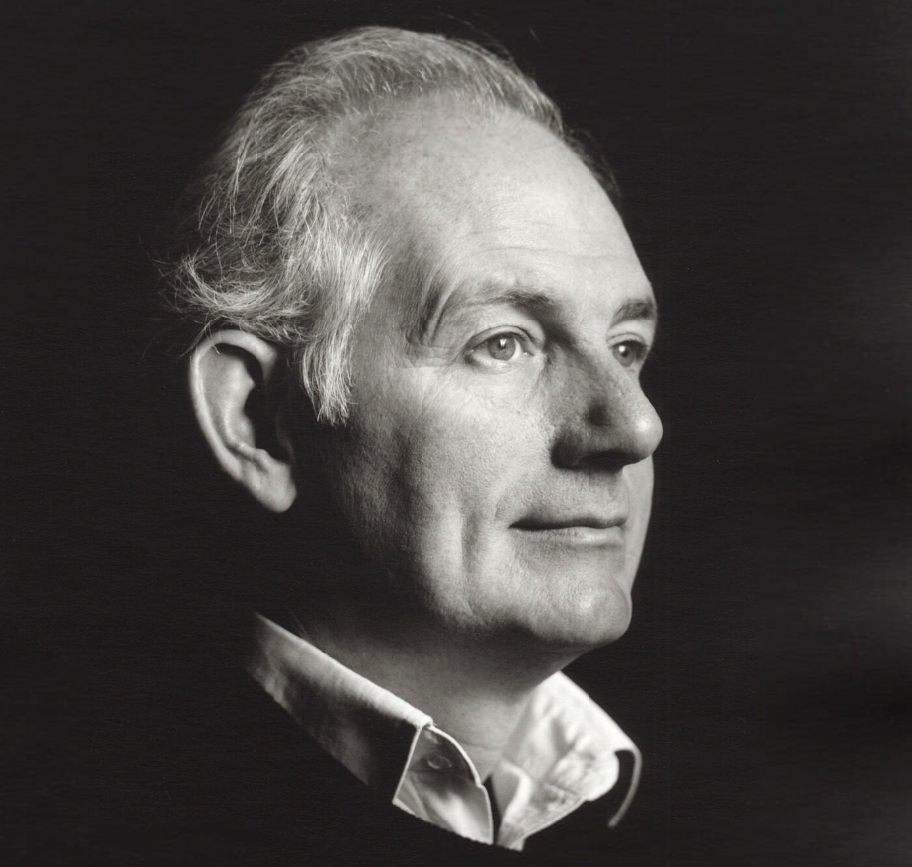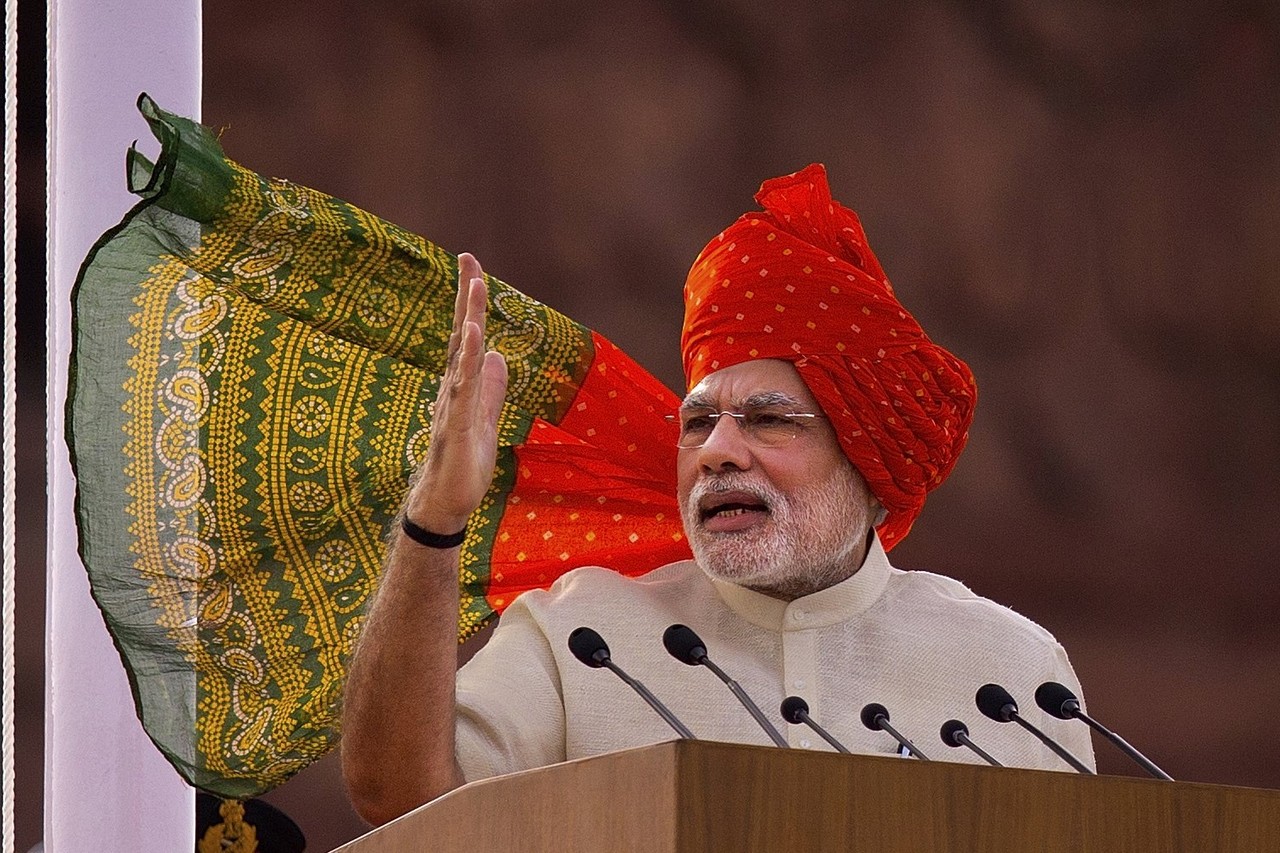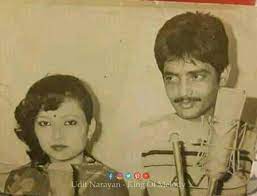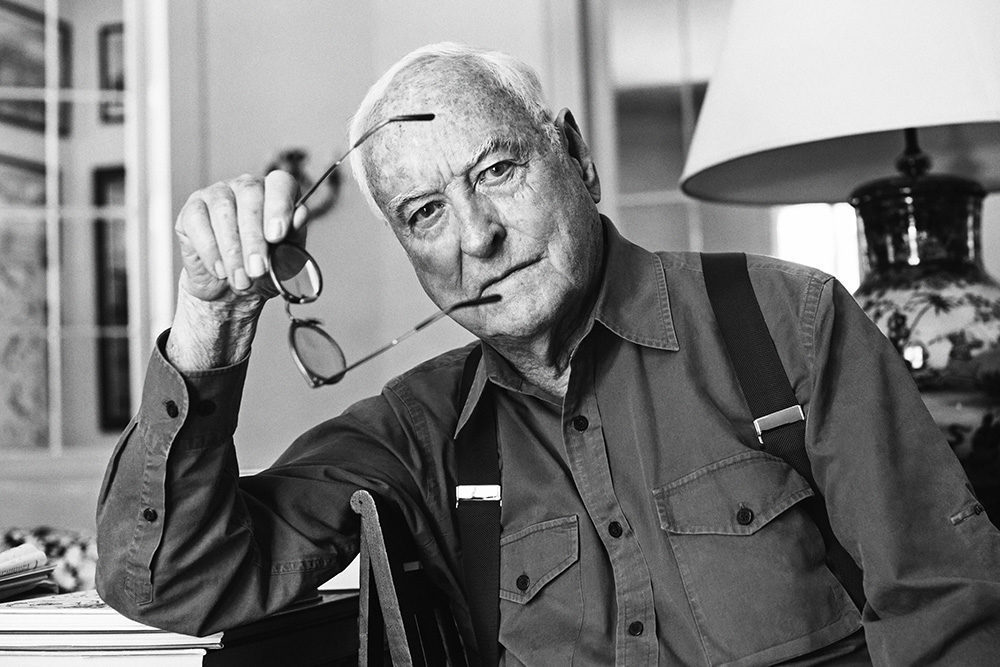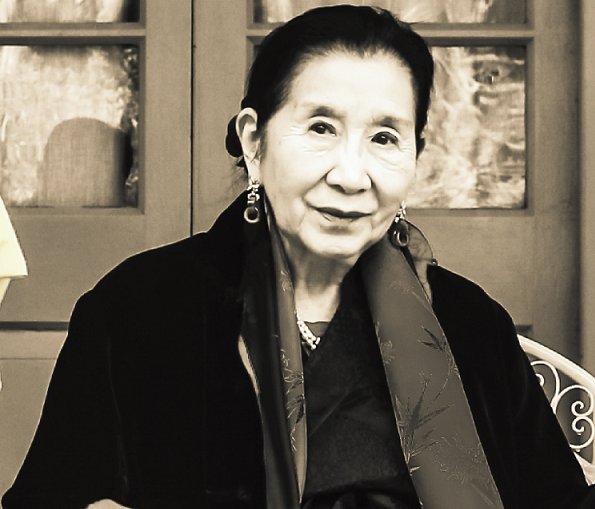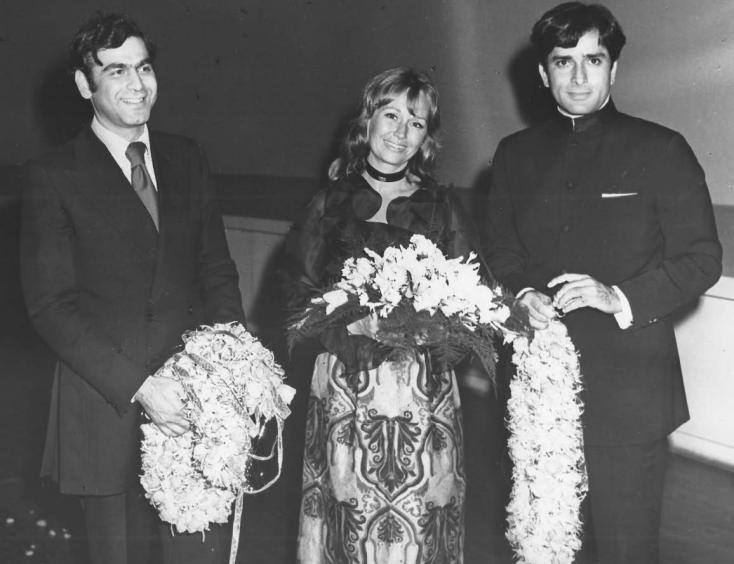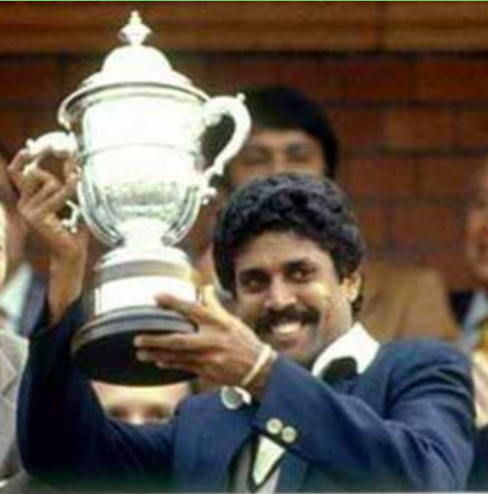AN ELGIN EXCLUSIVE FEATURE
The bittersweet tale of Kolkata and Gunter Grass spun its first thread in 1975 when he stayed at the Raj Bhawan as a state guest and viewed the city through his western eyes. He proclaimed the whole city to be a large slum.
In his book ‘The Flounder’ his morbid description of the city enraged many of its dwellers as he wrote, “Calcutta is a pile of shit that God dropped… How it swarms, stinks, lives and gets bigger and bigger… Delete Calcutta from all guide books” and then completely threw them off guard saying that the UN headquarters should be located in the very same city.

Image by Imagno, Getty Images
Gunter Grass who visited Kolkata thrice, states that the city affected him deeply and brought about radical changes in his thoughts.
Widely popular for his first novel, ‘The Tin Drum’, Grass’ stories drew a lot of inspiration from his hometown Danzig, now called Gdańsk and his childhood there before being drafted by the armed forces. When awarded the Nobel Prize for Literature in 1999, the committee stated that the publication of The Tin Drum was as if German literature had been granted a new beginning after decades of linguistic and moral destruction.

Grass returned to the city after that first visit to live, write and paint for six months in 1986 and this time keeping in mind the people’s criticism that you could not get a real feel of the city from the window up in your castle, he decided to stay at a country house and commute around daily in overcrowded local trains. His travels often took him to the North of Kolkata, its oldest part and where majesty and misery are closest together.
Time and time again he praised the simple inhabitants of the city for making the most in a city that worked against them almost all the time. He admired how they kept everything including their homes neat and orderly even among the chaos that was Kolkata.

Show Your Tongue, an account of Grass’ stay in Kolkata was filled with illustrations that shrouded the writing with a veil of horror.
Show Your Tongue, published in 1988 was a retelling of his six-month stay and exploration, larded with sketches that give more depth to the writings of this straightforward and fearless writer. The idea of the title was born while witnessing a night long Kali Puja at the painter Shuvaprasanna’s house whom he regarded a close friend.
“He asked me why the Goddess had her tongue out and I explained to him it was because she was ashamed of having stepped on her consort. He named his book thus because he wanted Kolkatans to be ashamed of the conditions in the city,” stated the painter when asked about his conversation with Grass.

Gunter Grass’ last visit to Kolkata in 2005, is last and enduring memory of his love-hate relationship with the city.
The Nobel laureate, who stayed for a period at The Elgin Fairlawn in Kolkata viewed the city as one filled with contradictions, a city that caused within him exhilaration but also saddened him. However, caught between these contradictions Grass agrees that the city changed him and his life radically. For all the criticism he ladled out he also staunchly defended the city even going as far as saying “If Calcutta is dying, then every city is dying” at a function in Delhi. In his own unique style, Gunter Grass loved the city of Kolkata not in ignorance of its faults but with a clear enough idea of them to want change and growth.

